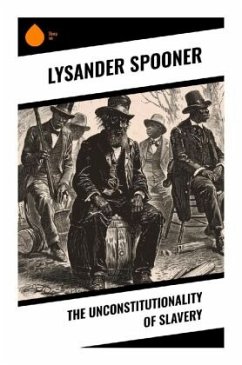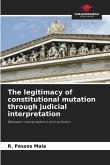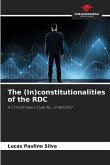In "The Unconstitutionality of Slavery," Lysander Spooner advances a provocative and meticulously argued abolitionist treatise that aims to dismantle the often-accepted legal justifications for slavery within the framework of the U.S. Constitution. Spooner's literary style is characterized by clear, logical reasoning interspersed with impassioned rhetoric that challenges readers to confront the moral and legal contradictions inherent in the institution of slavery. His arguments are grounded in a historical context where many abolitionists grappled with legal interpretations, adding a critical dimension to the ongoing moral debate of his time. Lysander Spooner, a prominent 19th-century lawyer, political theorist, and abolitionist, was deeply influenced by the Enlightenment ideals of individual rights and natural law. His diverse intellectual background and personal experiences, including a disdain for government overreach and a staunch belief in personal liberty, shaped his conviction that the Constitution, properly interpreted, inherently opposed slavery. Spooner's critique was revolutionary at a time when many debated the legality rather than the morality of slavery. I wholeheartedly recommend "The Unconstitutionality of Slavery" to any reader interested in the intersections of law, ethics, and social justice. Spooner's bold assertions not only resonate in historical contexts but also provide critical insights into contemporary conversations surrounding civil rights and personal freedom, making this work both timeless and urgently relevant.
Bitte wählen Sie Ihr Anliegen aus.
Rechnungen
Retourenschein anfordern
Bestellstatus
Storno








